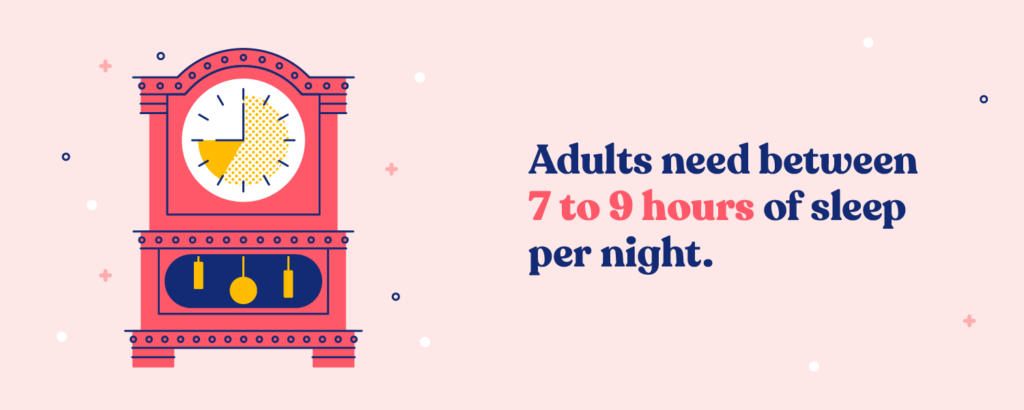We have all heard that we need to get our seven hours of sleep. But what does that mean for you? Are (Is) 7 Hours of Sleep Enough? How much sleep do you actually need? And, more importantly, how can you make sure you’re getting the sleep you need? In this blog post, we will dispel some common myths about sleep and talk about the importance of getting a good night’s rest. We will also provide tips and resources to help you get the most out of your sleeping hours!
Contents
Understanding The Need for Sleep
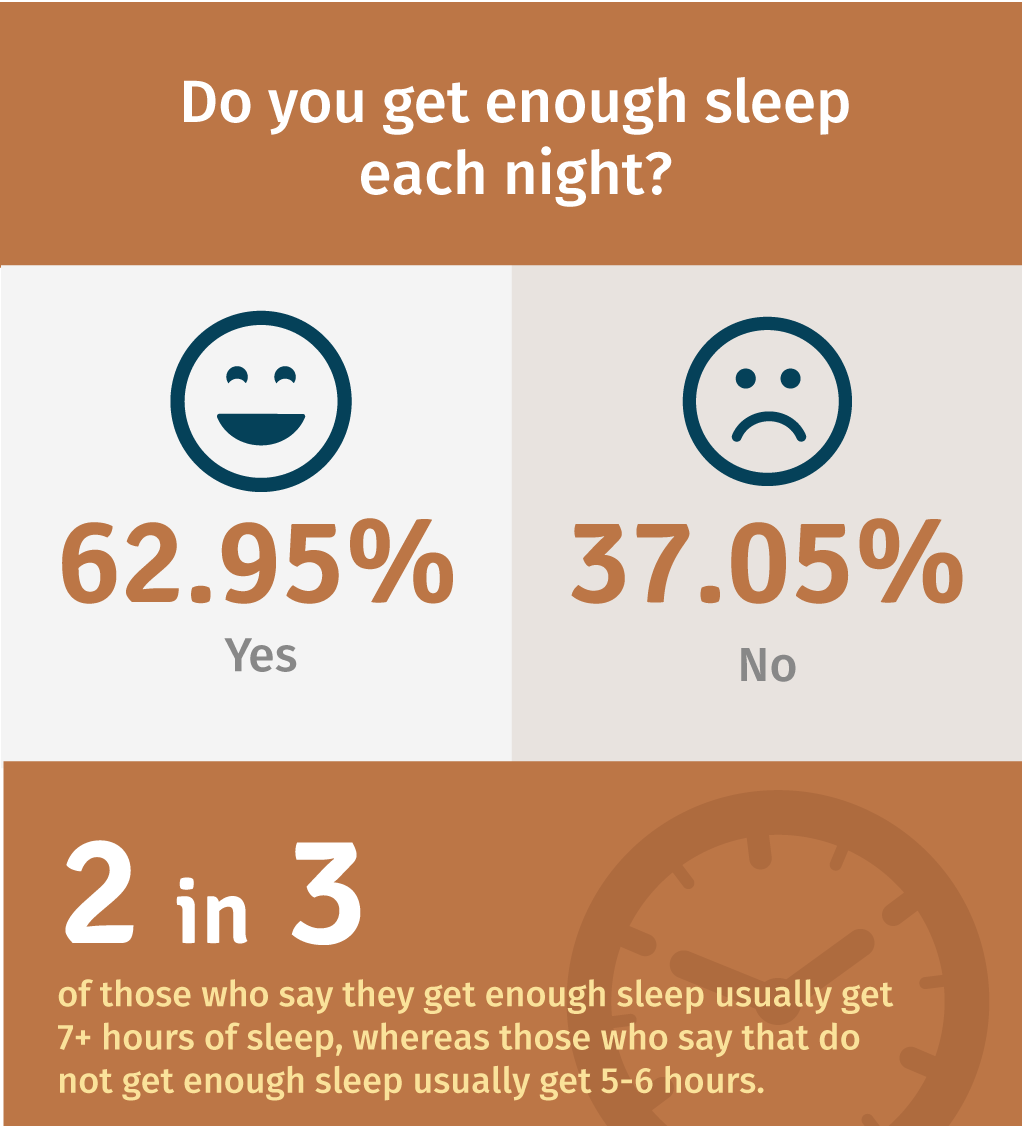
The National Sleep Foundation (NSF) defines sleep as “a state of rest that usually recurs for several hours every night.” We all know that we need to get some shut-eye, but why is sleep so important?
There are actually several reasons why sleep is crucial for our health.
- First and foremost, sleep allows our bodies and minds to rest and rejuvenate. During sleep, our bodies release growth hormones that help us heal and grow.
- Additionally, sleep is essential for cognitive function and memory consolidation. When we don’t get enough sleep, we are more likely to suffer from problems with focus, concentration, decision-making, and memory recall.
Why Do We Need Sleep
In addition to the reasons listed above, sleep is important for our overall health and wellbeing.
Some of the key benefits of getting enough sleep include:
- regulated moods
- reduced stress levels
- improved mental health
- strengthened immune system
- improved cardiovascular health
How Much Sleep Is Enough
According To the NSF, the recommended amount of sleep for adults is seven to eight hours per night. However, everyone’s sleep needs vary and some people may need more or less sleep depending on their lifestyle and health status.
Sleep Needs Chart
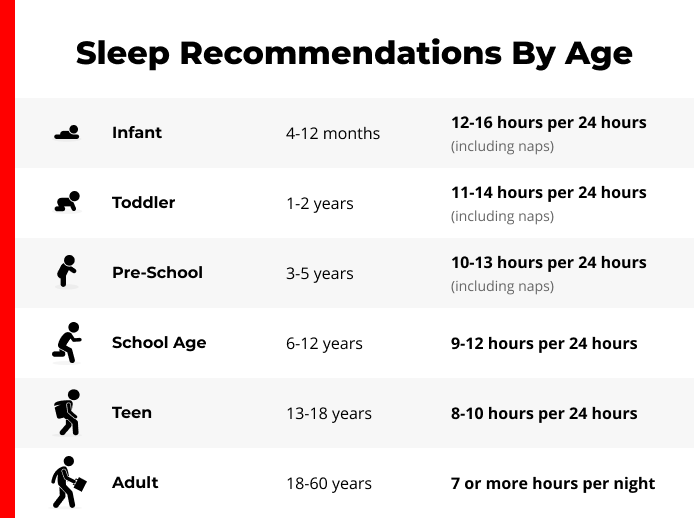
If you’re curious about how much sleep you need, the NSF has created a handy chart that outlines the recommended sleep hours for different age groups.
The National Sleep Foundation recommends the following hours of sleep per day:
- Newborns (0-three months): 14-17 hours
- Infants (four to eleven months): 12-15 hours
- Toddlers (one to two years): 11-14 hours
- Preschoolers (three to five years): Ten to thirteen hours
- School-aged children (six to thirteen years): Nine to eleven hours
- Teenagers (14-17 years): Eight to ten hours
- Young adults (18-25 years): Seven to nine hours
- Adults (26-64 years): Seven to nine hours
- Seniors (65+ years): Seven to eight hours
Though the amount of sleep you need may vary depending on your age, most people require around seven to nine hours of sleep per day. If you’re not getting the recommended amount of sleep, you may be experiencing some of the harmful effects of sleep deprivation.
Dispelling Common Sleep Myths
Now that we’ve talked about why sleep is so important, let’s dispel some common myths about slumber.
Myth: You can make up for lost sleep on the weekends.
- Fact: Unfortunately, you can’t “catch up” on sleep. If you’ve been deprived of sleep, you need to make up for it by sleeping more during the week.
Myth: You can’t overdose on sleep.
- Fact: While it’s rare, it is possible to overdose on sleep. Excessive sleeping can be just as harmful as not getting enough shut-eye.
Myth: You need less sleep as you get older.
- Fact: This is false! Elderly people actually need more sleep than younger adults. As we age, our bodies become less efficient at producing melatonin, the hormone that helps us fall and stay asleep.
Myth: Watching TV before bed will help you fall asleep.
- Fact: Watching TV or working on a computer before bed can actually have the opposite effect and make it harder to fall asleep. The bright light from screens can suppress melatonin production and keep us awake.
Myth: You should avoid caffeine before bed.
- Fact: Caffeine does have a slight stimulant effect, but it is generally ok to drink caffeine in the evening as long as you don’t drink too much.
Myth: You should avoid alcohol before bed.
- Fact: Alcohol can help people fall asleep, but it often causes restless sleep and disrupts REM cycles. Additionally, alcohol can lead to morning-after drowsiness.
Knowing If You’re Sleep Deprived
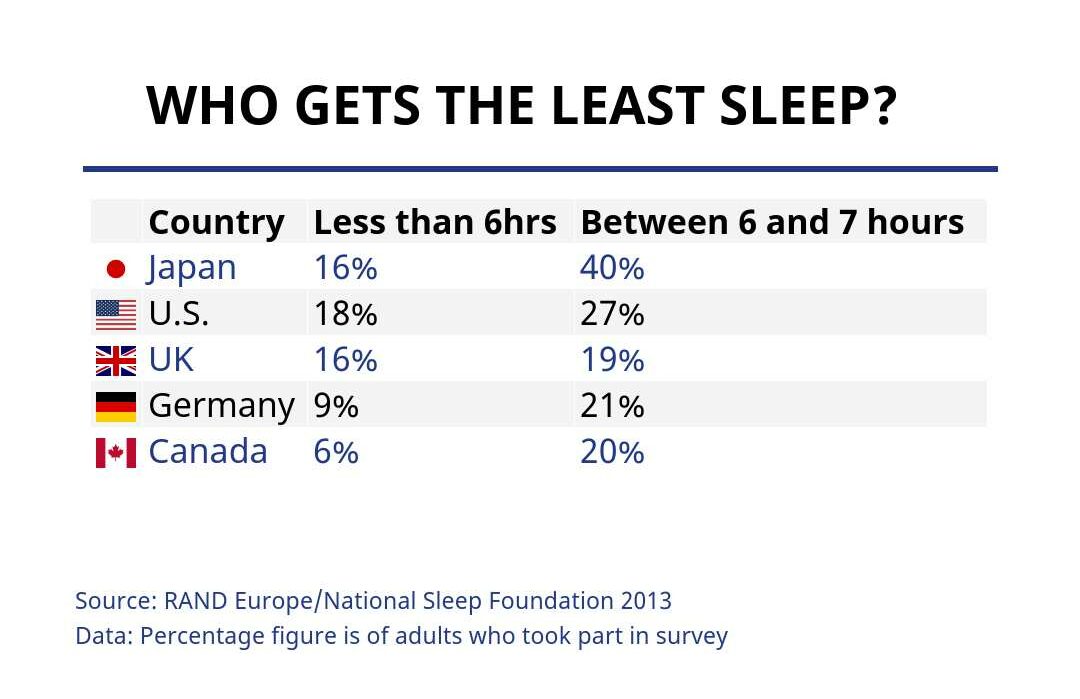
Now that we’ve talked about all the wonderful benefits of sleep and some of the common myths about slumber, let’s take a look at how to know if you’re sleep-deprived.
Signs You’re Sleep Deprived
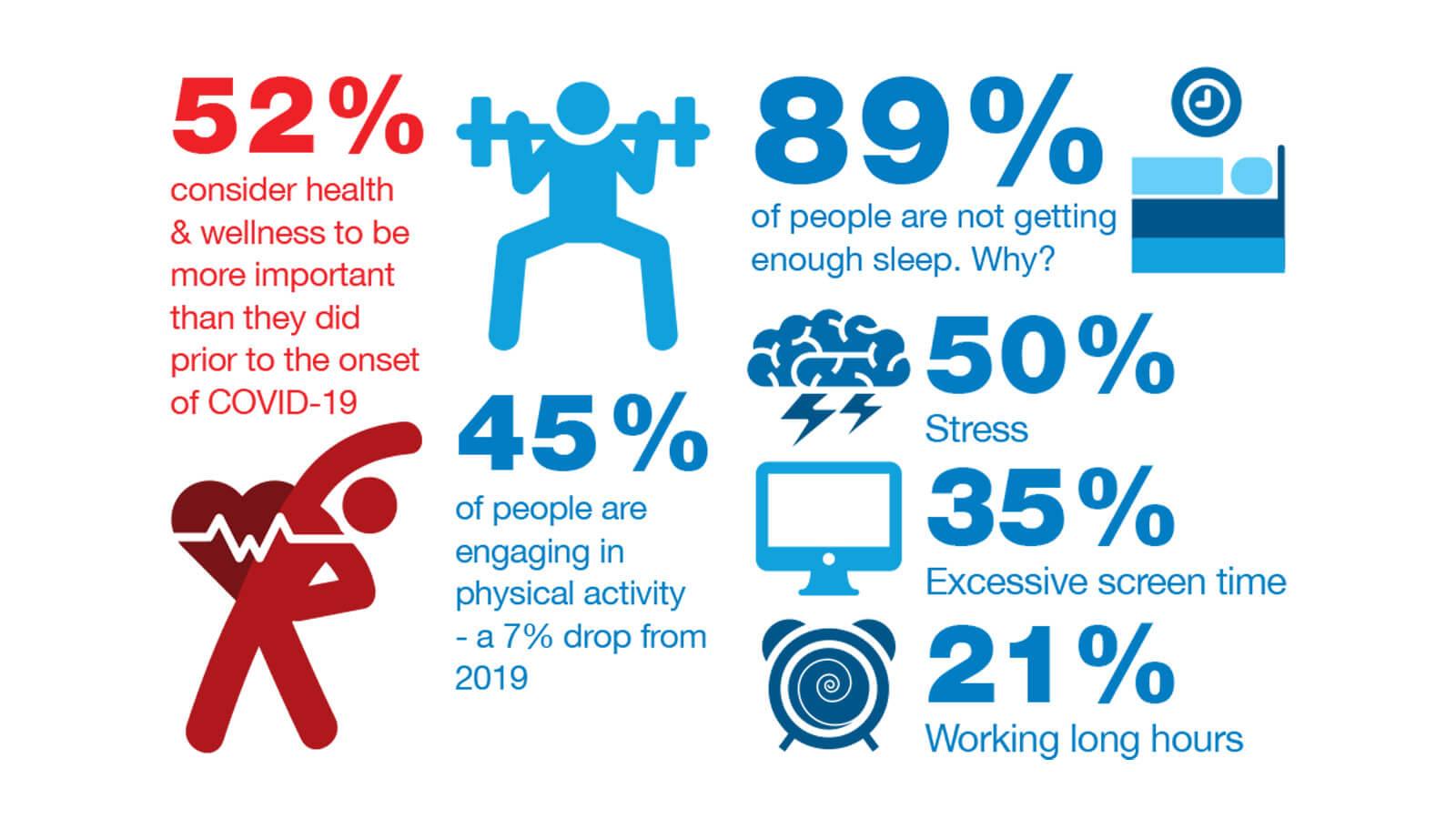
If you’re experiencing any of these symptoms, there’s a good chance you’re not getting enough sleep:
- Feeling stressed out
- Feeling tired all the time
- You’re moody and irritable
- Can’t focus or concentrate
- Having trouble remembering things
- The immune system is compromised
- Experiencing headaches or migraines
- Gaining weight or struggling to lose weight
Harmful Effects On Your Health
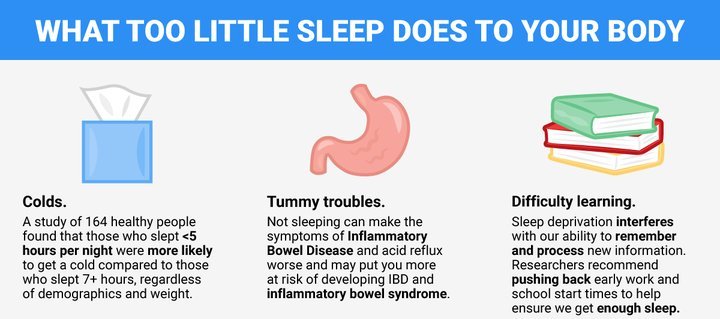
Sleep deprivation can have serious consequences for your health, both physically and mentally.
Physical Health: When you don’t get enough sleep, your body becomes stressed and can’t function properly. You may experience problems such as high blood pressure, heart disease, diabetes, and weight gain. You’re also more likely to get sick when you’re not well-rested.
Mental Health: Not getting enough sleep can also take a toll on your mental health. You may feel more stressed, anxious, and depressed when you’re chronically sleep-deprived. You’re also more likely to suffer from cognitive problems such as memory loss and impaired judgment.
Emotional Health: Poor sleep can also have a negative impact on your emotional health. You may feel more irritable, angry, and sad when you’re not well-rested. You’re also more likely to suffer from insomnia and other sleep disorders.
Getting The Sleep You Need
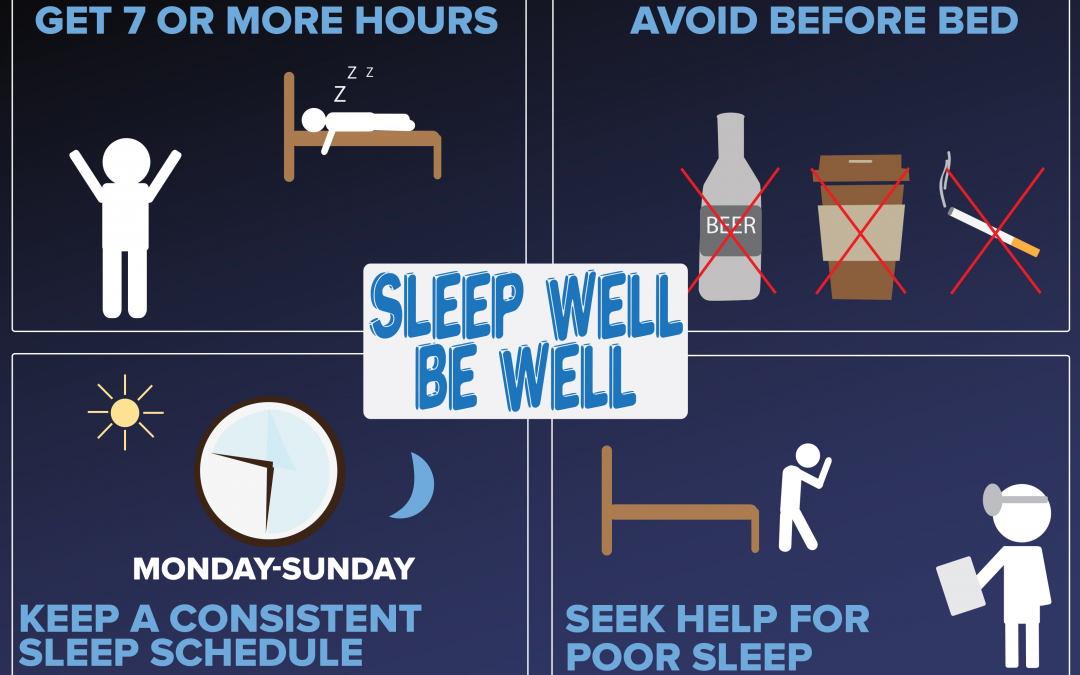
Now that you know all about the importance of sleep and how to tell if you’re not getting enough, here are some tips for getting the slumber you need:
Sleep-tips
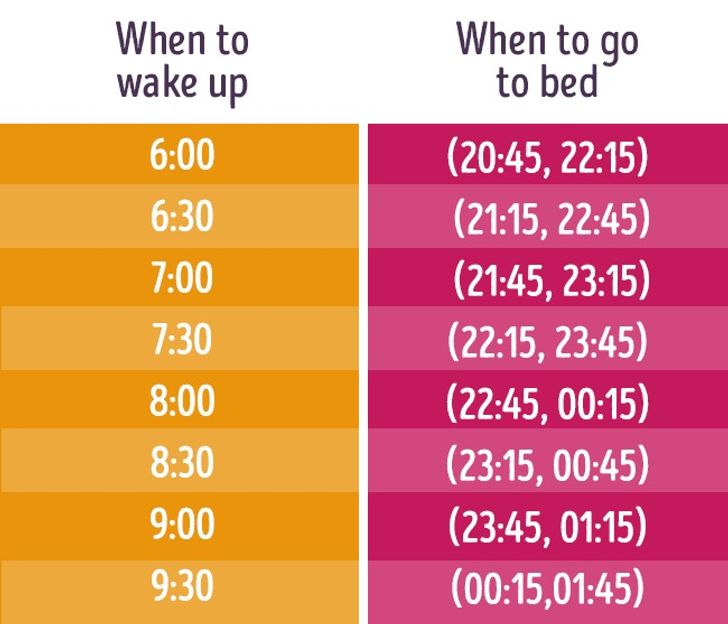
- Create a relaxing bedtime routine. Try to avoid watching TV or working on the computer in the hours before sleep. Instead, relax with a book or listen to calming music.
- Establish a regular sleep schedule. Go to bed and wake up at the same time every day, even on weekends.
- Avoid caffeine and alcohol before bed. Both of these substances can interfere with sleep quality.
- Create a comfortable sleeping environment. Make sure your bedroom is dark, quiet, and cool.
- Use relaxation techniques to fall asleep. Try deep breathing exercises or visualization techniques before bedtime.
Sleep-tools
There are also some helpful tools you can use to improve your sleep quality.
- A blackout curtain can help keep your room dark at night.
- A noise machine can help block out noise from outside the bedroom.
- A comfortable mattress and pillow can help you get a good night’s sleep.
Sleep-techniques
If you’re having trouble sleeping, there are also some techniques you can try.
- Try progressive muscle relaxation: tense and relax all the muscles in your body one by one.
- Try cognitive behavioral therapy for insomnia (CBT-I): this type of therapy helps you identify and change the thoughts and behaviors that keep you from getting a good night’s sleep.
If you’re still struggling to get enough sleep, talk to your doctor. He or she may be able to recommend additional treatments or medications that can help you get the slumber you need.
Talking To a Sleep Therapist
If you’re struggling to get the sleep you need, talking to a sleep therapist may be helpful. A sleep therapist can provide you with techniques and tools to help you get more restful sleep. They may also recommend medications or other therapies if you have a sleeping disorder.
Sleep Therapies
There are a number of different therapies available for people who have trouble sleeping. Some common sleep therapies include cognitive-behavioral therapy, relaxation therapy, and sleep hygiene education.
- Cognitive-behavioral Therapy: Cognitive-behavioral therapy (CBT) is a type of therapy that helps people change the way they think and behave. CBT can be helpful for people who have difficulty sleeping due to stress or anxiety.
- Sleep Hygiene Education: Sleep hygiene education is a type of education that teaches people about the importance of good sleep habits. This type of therapy can be helpful for people who have difficulty sleeping due to poor sleep habits.
- Relaxation Therapy: Relaxation therapy involves learning how to relax your mind and body. This type of therapy can be helpful for people who have trouble sleeping due to stress or anxiety.
Medications
There are a number of medications available to help people sleep better. These medications include over-the-counter and prescription drugs.
- Over-the-counter Drugs: There are a number of over-the-counter drugs available to help people sleep better. These drugs include antihistamines, which are used to treat allergies, and melatonin, a hormone that helps regulate the body’s sleep-wake cycle.
- Prescription Drugs: There are also a number of prescription drugs available to help people sleep better. These drugs include sedatives, which are used to calm the mind and body, and antidepressants, which are used to treat depression.
Hearing From Experts
Now that you’ve learned all about sleep, it’s important to hear from experts on the subject. Here are some insights from leading sleep researchers:
-“There is no question that insufficient sleep is bad for your health and can contribute to a wide variety of problems. The challenge is getting people to realize how important sleep is and that they may not be getting enough.” -Dr. Charles Czeisler, Director of the Division of Sleep and Circadian Disorders at Brigham and Women’s Hospital
-“Most people need between seven and eight hours of sleep a night to function optimally. Anything less than that can lead to problems.” -Dr. Helene Emsellem, Director of the Center for Sleep & Wake Disorders
-“Sleep deprivation is a public health epidemic. It’s as serious as drunk driving.” -Christopher Drake, Ph.D., Senior Researcher at the Henry Ford Hospital
Case Study
Seven Hours of Sleep
In order to get a more personal perspective on sleep deprivation, let’s take a look at one person’s experience with it. Jessica is a 30-year-old mother of two who works full time and has a busy home life. She usually sleeps for seven hours a night, but sometimes she can’t get to bed until after 11:00 p.m. and wakes up at six o’clock in the morning. As a result, she often feels tired and stressed during the day.
Jessica’s Story
“I’m always tired and I feel like I’m constantly running on empty. I know I need more sleep, but it’s hard to find the time to get it. Sometimes I feel so stressed out that I can’t fall asleep, no matter how hard I try.”
Resources
If you’re looking for more information on sleep, here are some helpful resources:
- The National Sleep Foundation has a wealth of information on sleep, including a sleep needs chart and tips for getting more restful sleep.
- The American Academy of Sleep Medicine offers a variety of resources on sleep disorders and treatments.
Conclusion
Getting the right amount of sleep is essential for your health and well-being. It’s important to understand the need for sleep and how it can affect your physical, mental, and emotional health. There are a number of resources available to help you get the sleep you need, including therapies, medications, and relaxation techniques. If you’re struggling to get the sleep you need, talking to a sleep therapist may be helpful.
A Word From Therapy Mantra
Your mental health — Your psychological, emotional, and social well-being — has an impact on every aspect of your life. Positive mental health essentially allows you to effectively deal with life’s everyday challenges.
At TherapyMantra, we have a team of therapists who provide affordable online therapy to assist you with issues such as depression, anxiety, stress, workplace Issues, addiction, relationship, OCD, LGBTQ, and PTSD. You can book a free therapy or download our free Android or iOS app.
